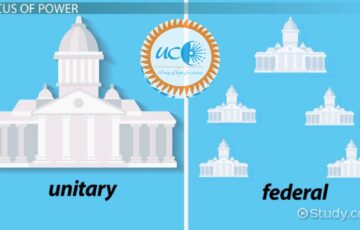Discuss the rationale behind anti-conversion laws in India. Also, state the concerns that have been raised with regard to these laws.
Approach:
- Give a brief introduction about anti-conversion laws in India.
- Discuss the rationale behind anti-conversion laws in India.
- Bring out the various concerns that are being raised with regard to these laws.
- Conclude accordingly.
Answer:
In pre-independence India, anti-conversion laws were introduced by some princely states such as Kota, Jodhpur, etc. to preserve their religious identity from the influence of the Christian missionaries. Independent India also witnessed various failed attempts at the national level to pass the anti-conversion bill. In 2015, the Ministry of Law and Justice stated that it is a purely state subject. Currently, legislations on unlawful conversion are in force in several states of India such as Odisha, Madhya Pradesh, etc.
The rationale behind anti-conversion laws in India:
- Fear of change in demography: Conversions can change the demography of a region by changing the composition of the majority and minorities in a region, which can have adverse effects on the social structure and coherence in the region.
- Serving justice: It is deemed that the laws are intended to prohibit conversions that are effectuated by force, inducement, or fraud, thus serving justice to those victims who have been coerced to convert.
- Strengthen religious freedoms: Since they provide stringent provisions for forced or induced conversion, they are considered as necessary safeguards for the protection of religious freedom.
- The freedom given in Article 25 of the Indian Constitution is not absolute but subject to restrictions such as public order, health, morality, and other fundamental rights.
- Legal backing: India’s legal dispensation only recognizes conversion, which is not done with inducement or threat. However, there are certain concerns that are being raised with regard to anti-conversions laws:
- Burden of proof: The burden of proof lies on the person who has ‘caused’ the conversion. Thus, the laws reportedly focus more on prosecuting the converter, and the opinion of the person who has converted is given less importance.
- Lack of equitable treatment: It is argued that the anti-conversion laws, both by their design and implementation, infringe upon the individual’s right to convert and may favour one religion over another. They also raise concerns about the privacy of individuals who wish to adopt other religions.
- Creates an atmosphere of fear: Reports suggest that though there are very rare instances of prosecution or arrest under anti-conversion laws, they create an atmosphere of fear amongst couples opting for inter-faith marriages.
- Vague nature and wide scope: The terms used in such laws like fraud, force, allurement etc. are loosely defined, leaving wide scope for misuse. The misreading of these laws could result in the deepening of communal fault lines.
Anti-conversion laws in India are intertwined in complex situations wherein, drawing a balancing line protecting the freedom of religion of a person and identifying victimization is required. More a concrete definition of forced conversion needs to be adopted. Further, these laws must be backed by data, evidence, and trends.








